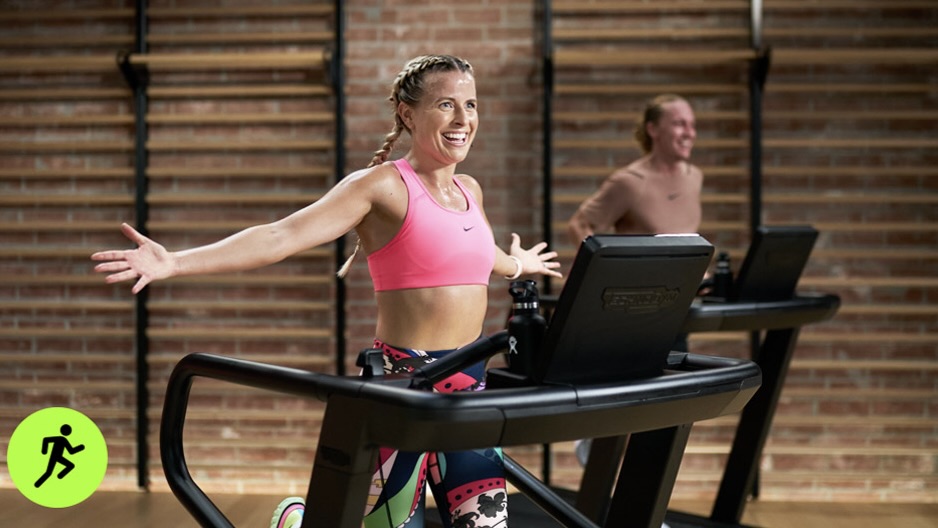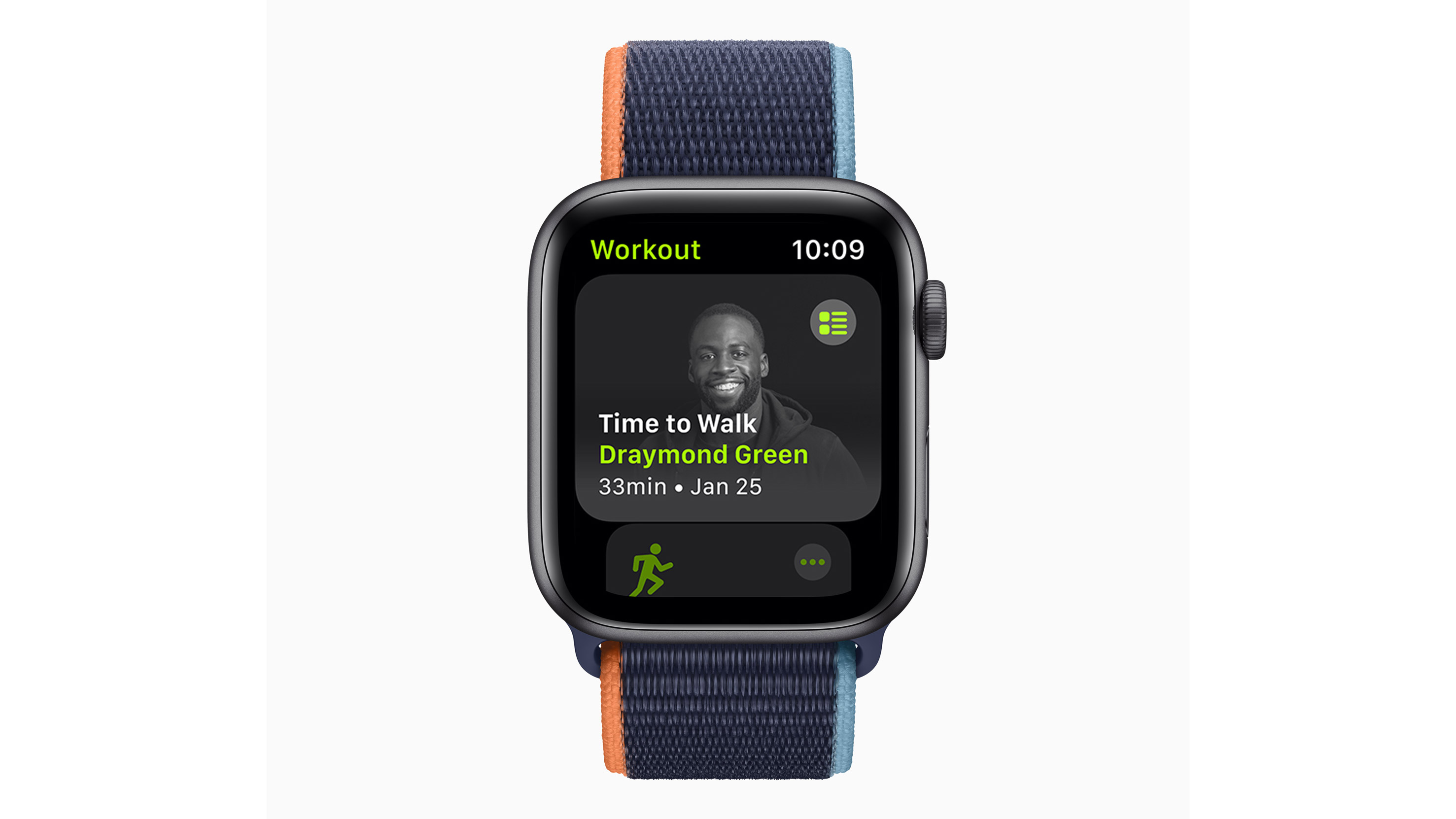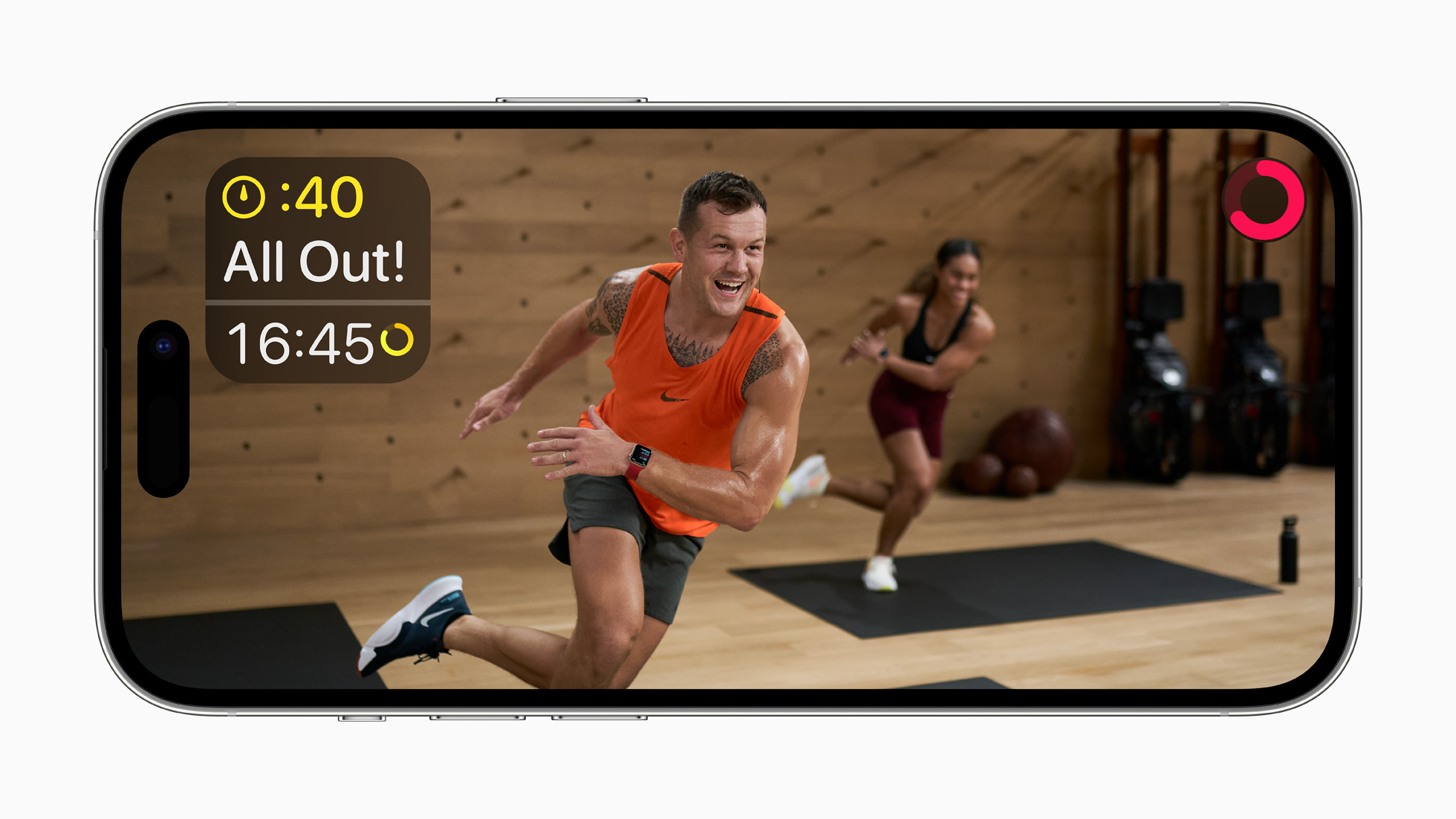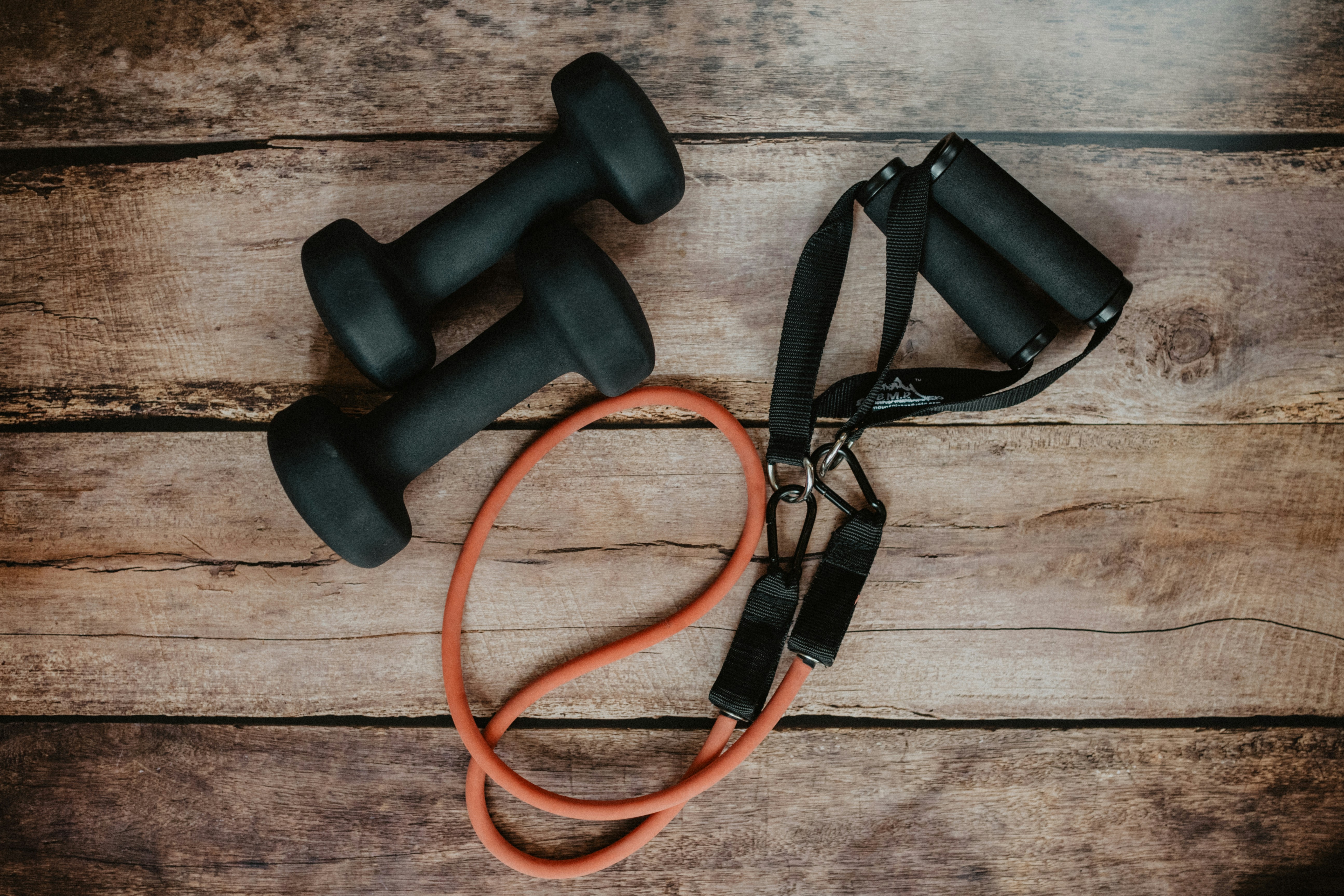Why low-intensity exercise is the key to getting fit in 2024 — get back on track with your goals
How to get fit by taking things easier.

Getting fit sounds like hard work. If you’ve found yourself covered with sweat and sore the next morning, wondering how people do it, and feeling very discouraged, you’re certainly not alone: exercise can be difficult to stick with. It might feel intimidating to even give it a go for the first time.
However, there are ways to make it easier. If you’ve already given up on your fitness New Year’s resolution, don’t despair: exercise doesn’t have to be torture. You can make it easier and even fun to do, using principles of low-intensity, low-impact exercise to keep things light and gradually increase your volume of daily movement. If an exercise session is more enjoyable, you’re more likely to do it again, which eventually means that by taking things easy and training more often, you’ll be doing more good than one horrible workout a week.
Naturally, your Apple gear can help you stick to, and eventually hit, those goals - even if you don’t have a dedicated health and fitness device like an Apple Watch.
Time to walk

If you hate high-intensity exercise that leaves you gasping after 20 minutes, like HIIT, running, spin classes and the like, consider slowing things down and walking at your own pace. Simply walking more has tons of health benefits: it burns calories, lowers stress, aids weight loss and prevents heart disease. The Journal of Internal Medicine found that accumulating more steps per day (up to about 10,000) may be associated with “a lower risk of all-cause, cancer, and CVD mortality and incidence of cancer and CVD.” It’s also linked with a lower risk of dementia in later life.
The more you step, the healthier you get, and even if you don’t have an Apple Watch, your iPhone can help with this: after all, it has its own Move ring, which uses the phone’s gyroscope and other sensors to approximate how many active calories you’ve burned and project it as a circular red bar, which fills up as you move. Your Health app also counts your steps automatically, making it easy to see your progress for the day.
Try setting yourself a goal to close your Move ring each day. To adjust, you’ll need to open your phone’s Fitness app, tap the Move ring, and you’ll be able to set yourself a goal which is achievable, but requires some extra movement to attain - something like 250-300 active calories a day. Each week, increase that goal by a small number, such as 20 calories, and aim to close your ring each day.
Apple Watch users get more, including dedicated Exercise and Stand rings and far more advanced workout metrics. Apple Fitness Plus users also get Time to Walk, audio descriptions of guided walks from famous voices such as Shawn Mendes, NBA player Draymond Green, Dolly Parton and Ted Lasso’s Hannah Waddingham.
Master your iPhone in minutes
iMore offers spot-on advice and guidance from our team of experts, with decades of Apple device experience to lean on. Learn more with iMore!
Fitness Plus

There’s more to low-intensity exercise than just walking. Whatever kind of workout you enjoy, there are ways to make each exercise gentler and more enjoyable.
Let’s start with Apple Fitness Plus. Those who don’t use Apple’s workout streaming service may not know that Apple uses several trainers for each broadcast, and one is always doing modified exercises. These modified exercises are easier versions of the exercise the main trainer is doing, so you can follow the modifier and feel more comfortable than you might be doing the more intense version.
Many of these modifications are less stressful on the body, with less impact on the joints: instead of jumping, the modifier might do a shallow squat, which is a less high-intensity exercise. You can search Fitness Plus by workout length as well as type and trainer, so you can start off exercising in front of your iPhone, iPad or TV with modified, easier exercises for as little as 10 minutes.
Getting sore during a muscle-developing workout such as calisthenics or weightlifting is a sign that you’ve worked hard. However, too sore, and training is going to be difficult for the next few days, and walking up and down stairs is going to feel very unpleasant indeed. As stated above, it can often help to exercise for smaller amounts of time, such as Fitness Plus’ 10-minute workouts, with less intensity. Over time, you’ll train more often and do more exercise than you would if you hit the gym hard and need several days to recover.
Strength in numbers

As well as Apple’s gear, you can use the kit you have at home, or in your local gym, to help you get fit. Running is great cardiovascular exercise, but it can be hard on the knees and painful for beginners, heavier or older exercisers. Instead, try a cycling workout on an exercise bike, rowing machine, or elliptical machine at home or in the gym.
These forms of exercise do not stress bones by aggressively hitting concrete with running or jumping movements repetitively: your feet stay firmly in the pedals. Set a target distance or a target time on the machine, and away you go, keeping the resistance low to start. If you want to take things outdoors, you can always ditch the exercise bike for a real one, and Apple Watch wearers can take advantage of watchOS 10’s excellent cycling features.
if you’re uncomfortable with the idea of lifting heavy weights but you want to get stronger, you can use a less intense, safer, and cheaper option - resistance bands. A decent set of five bands of varying thickness, with handles and a door anchor, costs around $30 on Amazon. With these, you can replicate almost any gym exercise, such as bicep curls, chest expansions, weighted squats, leg presses, rows… the sky’s the limit. They’re easy to pack away in a drawer or gym bag when not in use, and they come in several different densities of rubber, from light to heavy. Get too strong for the thickest band? You can always double up with multiple bands if you like.
Final thoughts
Low intensity exercise is great for everyone, from beginners to super-experienced exercisers looking for active recovery. The above lists a few ideas and suggestions for lowering the difficulty level on your workouts: if you find yourself training hard and struggling to stick to a routine, giving yourself permission to do a gentle five miles on an exercise bike, or go for a 30-minute walk, might spark a love of movement that keeps you training for years.
Matt is a freelancer for iMore and TechRadar's expert on all things fitness, wellness and wearable tech. A former staffer at Men's Health, he holds a Master's Degree in journalism from Cardiff and has written for brands like Runner's World, Women's Health, Men's Fitness, LiveScience and Fit&Well on everything fitness tech, exercise, nutrition and mental wellbeing.
Matt's a keen runner, ex-kickboxer, not averse to the odd yoga flow, and insists everyone should stretch every morning. When he’s not training or writing about health and fitness, he can be found reading doorstop-thick fantasy books with lots of fictional maps in them.
